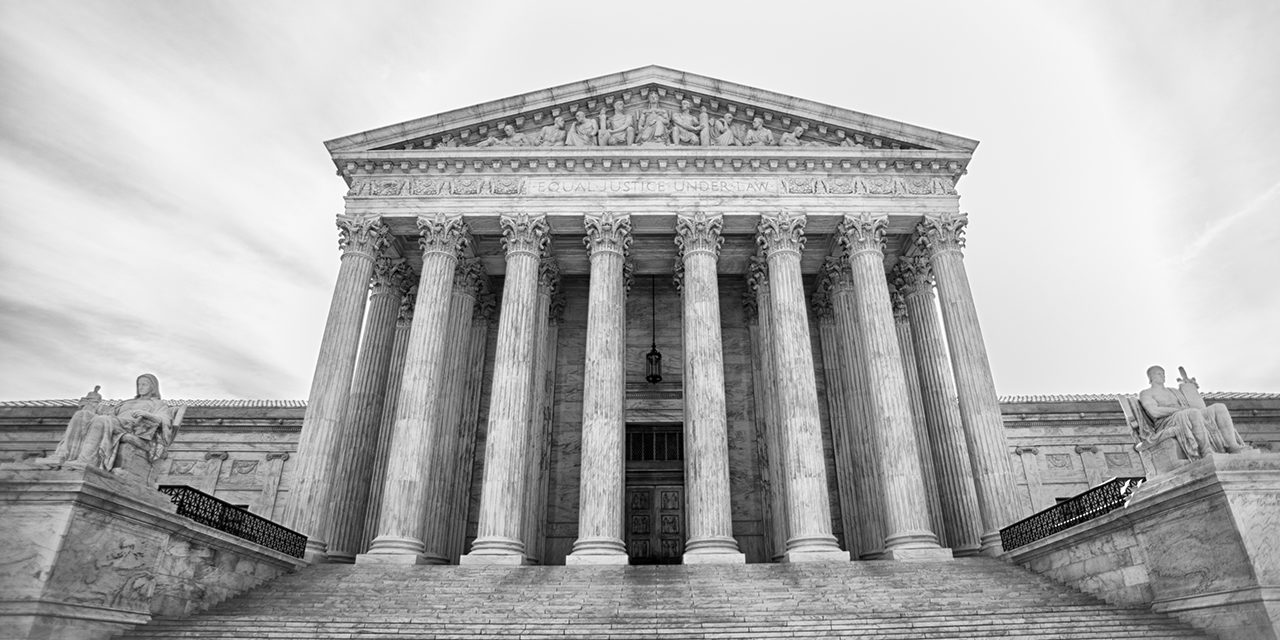In keeping with his campaign promise, and just days after a Supreme Court justice publicly cautioned against it, President Joe Biden announced an executive order on Friday, April 9, creating a commission to study various possible reforms to the federal judiciary, including adding to the number of justices on the Supreme Court.
In the White House press release announcing the executive order and the members of the commission, the president outlined the commission’s charge.
“The Commission’s purpose is to provide an analysis of the principal arguments in the contemporary public debate for and against Supreme Court reform, including an appraisal of the merits and legality of particular reform proposals,” Biden said. “The topics it will examine include the genesis of the reform debate; the Court’s role in the Constitutional system; the length of service and turnover of justices on the Court; the membership and size of the Court; and the Court’s case selection, rules, and practices.”
The 36 members of the commission, comprised mainly of lawyers, scholars and former judges, will hold public meetings and issue a report to the president within 180 days with recommendations.
According to The New York Times, “The president acted under pressure from activists pushing for more seats to alter the ideological balance of the court after President Donald J. Trump appointed three justices, including one to a seat that Republicans had blocked his predecessor, Barack Obama, from filling for almost a year.”
Biden promised to create such a commission during an October 2020 appearance on CBS’ “60 Minutes” program. He also said at the time that he was not a fan of court-packing. Nevertheless, the issue is one of the things the commission will be looking at.
Only days ago Supreme Court Justice Stephen Breyer warned about the dangers of tinkering with increasing the number of justices in a speech to the Harvard University community.
Noting that public perception of the Supreme Court is based on “a trust that the court is guided by legal principle, not politics,” Breyer cautioned his listeners that, “Structural alteration motivated by the perception of political influence can only feed that perception, further eroding that trust.”
Christians are understandably concerned with the dangers to their First Amendment freedoms of religion and speech posed by increasing the number of justices. In recent years the court has upheld the religious freedom of Christian baker Jack Phillips, the free speech rights of California pregnancy resource centers, the hiring rights of Christian educational institutions, and the right of faith-based organizations to compete on equal footing for government programs and benefits along with secular organizations.
Most importantly, the court may be more disposed to support pro-life laws now than at any time in the recent past, due to several new appointments of constitutionalist justices during the previous administration. If this commission serves as a pretext for political action that alters the court in order to preserve the abortion ruling of Roe v. Wade, public trust in the court will erode, along with the principle that we are a nation governed by the rule of law.
Photo from Shutterstock






